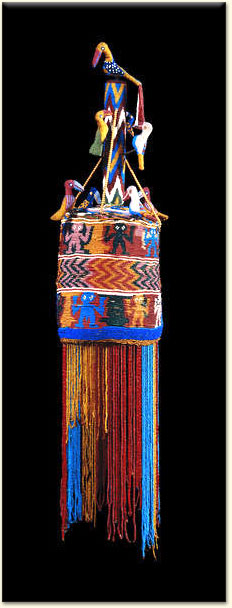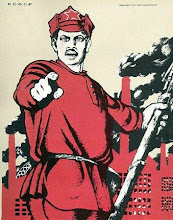ON FAITH
Catholic America
Anthony Stevens-Arroyo
The Pope Meets Chardin
http://newsweek.washingtonpost.com/onfaith/catholicamerica/2008/07/the_pope_meets_chardin.html
Pope Benedict's words on July 17, before a crowd of more than 140,000 on a dock in Sydney harbor, provided ratification of the vision of Teilhard de Chardin. Though belated and indirect, the pontiff's testimony showed that the Catholic view of ecology differs from the "stewardship of the earth" approach of many other Christians.
I will not try to "out-wikipedia Wikipedia" about Chardin, a Jesuit priest who died in 1955. Suffice it to say that he developed a comprehensive -- almost mystical -- view of the seamless web of life that now frames Catholic theology.
But rather than restrict his vision to the microcosmic, Teilhard simultaneously embraced the macrocosmic. The pope did not cite Chardin's book, The Divine Milieu, in his Sidney discourse to young Catholics, but he did relate the preservation of the planet to the survival of human life in the womb. This is how the pope met Chardin, making defense of all life a Catholic duty.
The French Jesuit had filtered his preparation as a paleontologist through his Catholic faith.
Chardin asserted that nature has evolved inexorably towards complexity and consciousness. Rather than set humankind outside of nature as a caretaker or steward of things animal, vegetable and mineral, Chardin considered human being to be the element of creation that had attained consciousness of itself.
Chardin's The Divine Milieu described knowledge of God as the essential purpose of the universe. Chardin attached non-human beings to faith by teleology, a Thomistic concept. Without abandoning the human science that explains natural causes empirically, Teilhard's Catholicism reserved conceptual space for faith. Harmony in the cooperative existence of all created things, he emphasized, constitutes the ultimate direction of all life, its Final Cause.
When in his Sydney address, Pope Benedict called humankind the "apex of God's creation," he repeated the Teilhardian view. I suspect that the intellectual correspondence between the Jesuit and the pontiff is much closer than has been recognized until now.
In any case, I believe it sets a new concern of Catholic theology.
To understand the difference between this Catholic view of ecology and the more pedestrian "steward of nature" used in many Protestant circles, consider this analogy:T
The steward stands beside a tomato plant and waters it to maturity. If something happens to the tomato bush, the steward simply plants another one. In each operation, he/she stands outside of nature and its product.
For Chardin and the pope, however, the comparison is with a person who lives in a house he/she has built, high in the upper branches of a huge and growing tree. If the tree is destroyed, the person and where he/she lives also comes crashing down.
While both models are laudable, the urgency of caring for nature is much higher in the example of the tree-house than in the one about the tomato plant. Such is the distance between this vision of Pope Benedict and a stewardship model...
----------
Huzzah for de Chardin!
Huzzah for the Pontiff!
Another round of Mazels over here, waiter, if you please!
Thursday, January 22, 2009
Subscribe to:
Post Comments (Atom)

















No comments:
Post a Comment